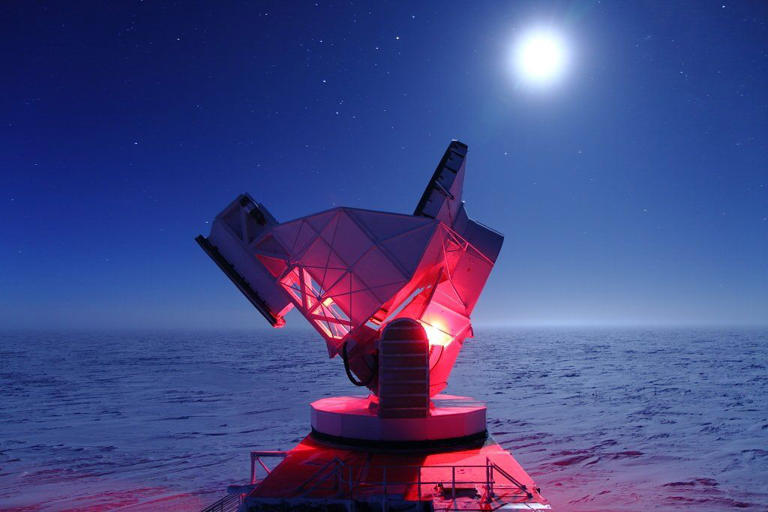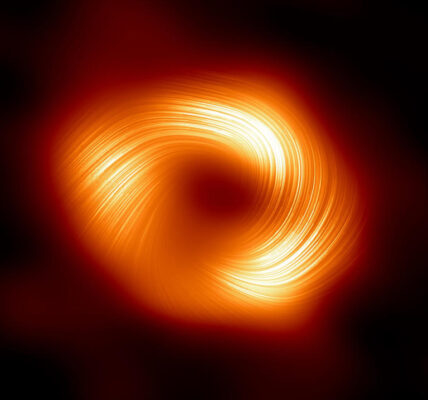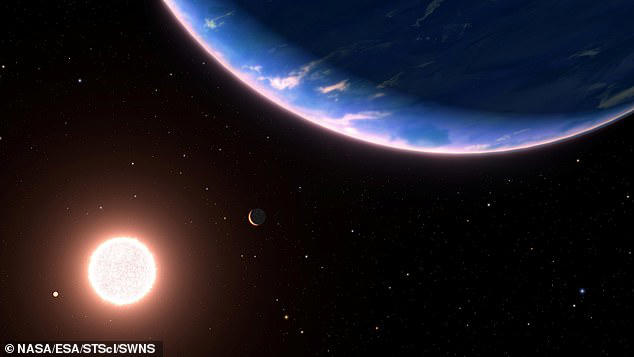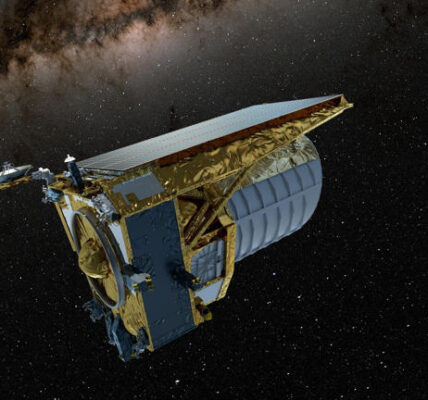“Rare Earth Hypothesis: 5 Astonishing Reasons Earth Is Unique”
Table of Contents
ToggleRare Earth Hypothesis: Are We Alone in the Universe?
Explore the Rare Earth Hypothesis, which suggests that conditions like plate tectonics, oceans, and continents necessary for complex life may be rare in the universe. Could this rarity explain why we haven’t encountered extraterrestrial civilizations?

© Seth Shostak/SETI Institute
Introduction
The Rare Earth Hypothesis poses a thought-provoking question: could Earth be more exceptional than we think in the vast expanse of the universe? This idea suggests that specific conditions on our planet—such as plate tectonics, the presence of oceans, and continents—played crucial roles in the evolution of complex life forms. But are these conditions unique to Earth, making us possibly alone in harboring intelligent life?
What is the Rare Earth Hypothesis?
The Rare Earth Hypothesis proposes that certain geological and environmental conditions are essential for the development of complex life forms like those found on Earth. These conditions include plate tectonics, which create diverse landscapes through movements of Earth’s crust, and the presence of oceans and continents, which offer varied habitats crucial for biodiversity.
The Role of Plate Tectonics
Plate tectonics, the dynamic process where Earth’s lithosphere is divided into plates that move over the mantle, have been instrumental in shaping our planet’s surface. This movement leads to the formation of mountains, deep ocean trenches, and volcanic activity—all of which contribute to the diversity of environments that support life.
From Stagnant Lids to Dynamic Plates
Early in Earth’s history, it is believed that the planet had “stagnant lid” tectonics, where the crust was a single, solid piece without the mobility seen in modern plate tectonics. The transition to modern plate tectonics is thought to have occurred around half a billion years ago, coinciding with the Cambrian explosion—a period when complex life forms began to flourish.
The Importance of Oceans and Continents
Oceans and continents are vital components for the development and sustenance of life. Oceans, where life is believed to have originated, provide essential nutrients and regulate Earth’s climate. Continents, with their varied landscapes and weathering processes, contribute to the carbon cycle and provide diverse habitats for terrestrial life forms.
Are Earth-Like Conditions Rare?
Recent studies and planetary models suggest that planets with Earth-like conditions—having both oceans and continents, and active plate tectonics—might be rare in the universe. This rarity could significantly impact the likelihood of finding intelligent civilizations beyond our solar system.
The Drake Equation Revisited
The Drake Equation, a framework for estimating the number of communicative civilizations in our galaxy, incorporates factors like the fraction of planets that develop intelligent life. According to the Rare Earth Hypothesis, this fraction (fi) could be significantly lower if planets with suitable conditions are indeed rare.
Implications for Extraterrestrial Life
If Earth’s conditions are indeed rare, it raises intriguing implications for the search for extraterrestrial life. The hypothesis suggests that while simple microbial life might be widespread in the universe, the evolution of complex, intelligent civilizations like ours could be much less common.
Challenges in Detection and Confirmation
The search for extraterrestrial intelligence (SETI) faces challenges in detecting signals from civilizations that may be thousands or millions of light-years away. Despite advanced technologies and dedicated efforts, the vastness of space and limitations in current detection methods make the search daunting.
The Great Filter: A Universal Bottleneck?
The concept of the Great Filter suggests that there might be universal challenges or barriers that hinder the evolution of intelligent civilizations. According to the Rare Earth Hypothesis, the conditions necessary for complex life on Earth—plate tectonics, oceans, and continents—could represent one such filter that many planets fail to pass.
Conclusion
In conclusion, the Rare Earth Hypothesis invites us to consider Earth’s uniqueness in fostering the complex life forms we know today. While the universe may host countless planets, the specific combination of geological, environmental, and evolutionary factors that shaped Earth into a cradle of life might be exceedingly rare. This perspective challenges us to contemplate our place in the cosmos and the responsibilities that come with being potentially unique in our galactic neighborhood.
Final Thoughts
The Rare Earth Hypothesis encourages us to explore not only the potential for life beyond Earth but also the profound factors that make our planet suitable for sustaining advanced life forms. As we continue to search the skies and study exoplanets, we may gain deeper insights into the conditions necessary for life’s evolution and our place in the grand tapestry of the universe.
ALSO READ:
“Martian Volcano: 10 Mind-Blowing Secrets Revealed! 🔥”



